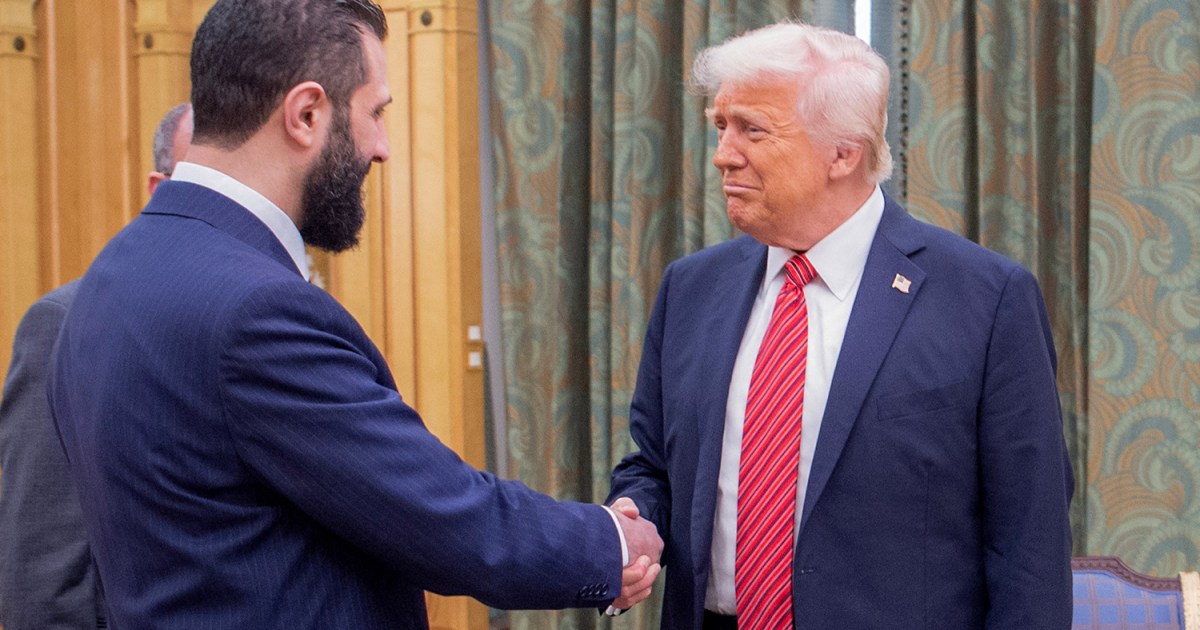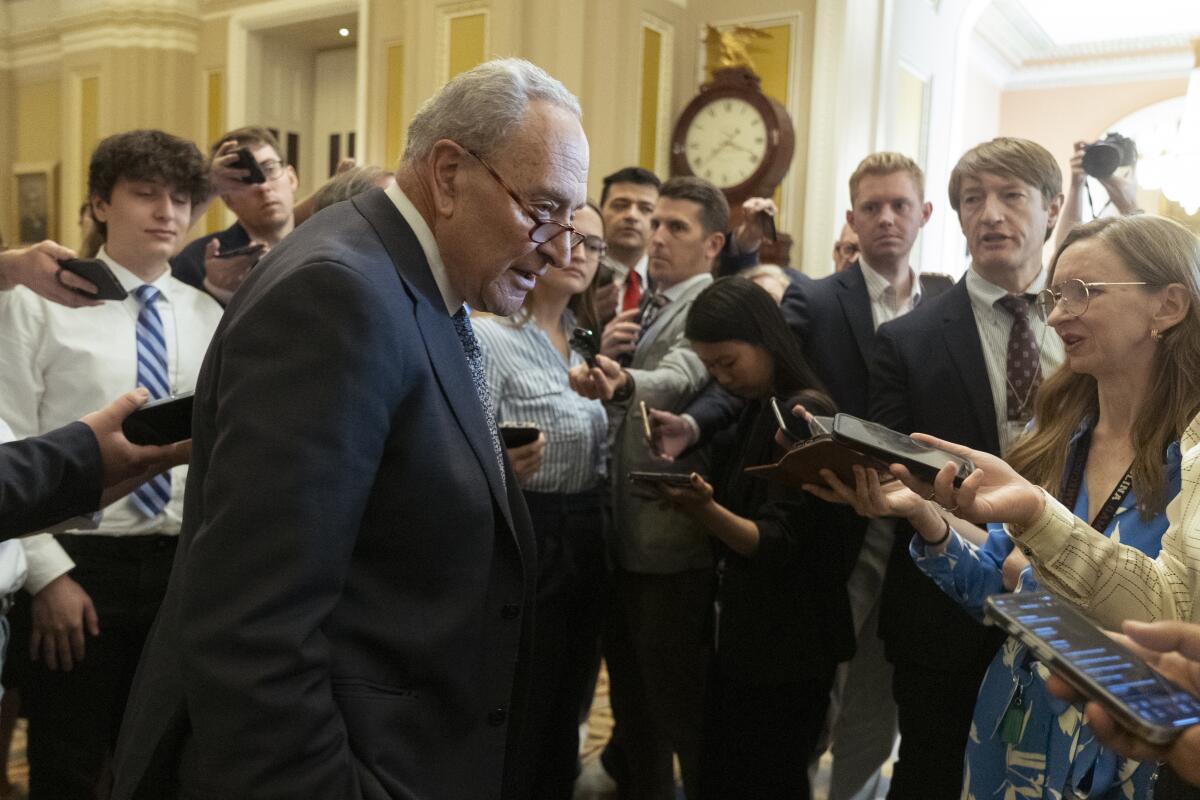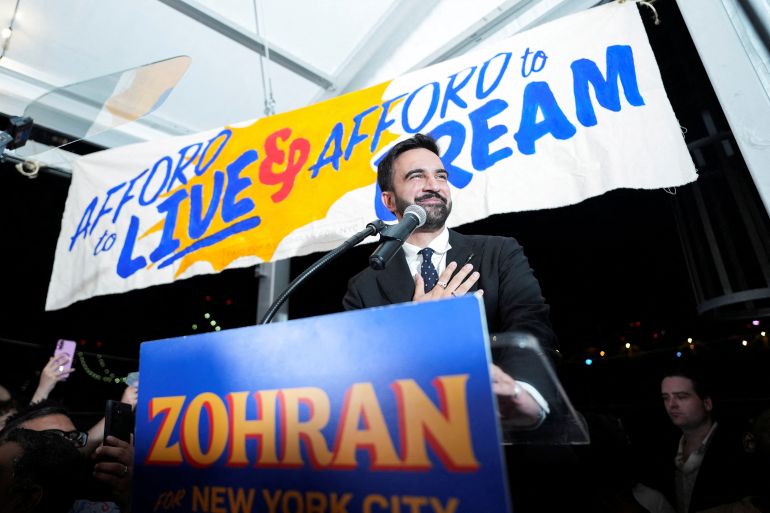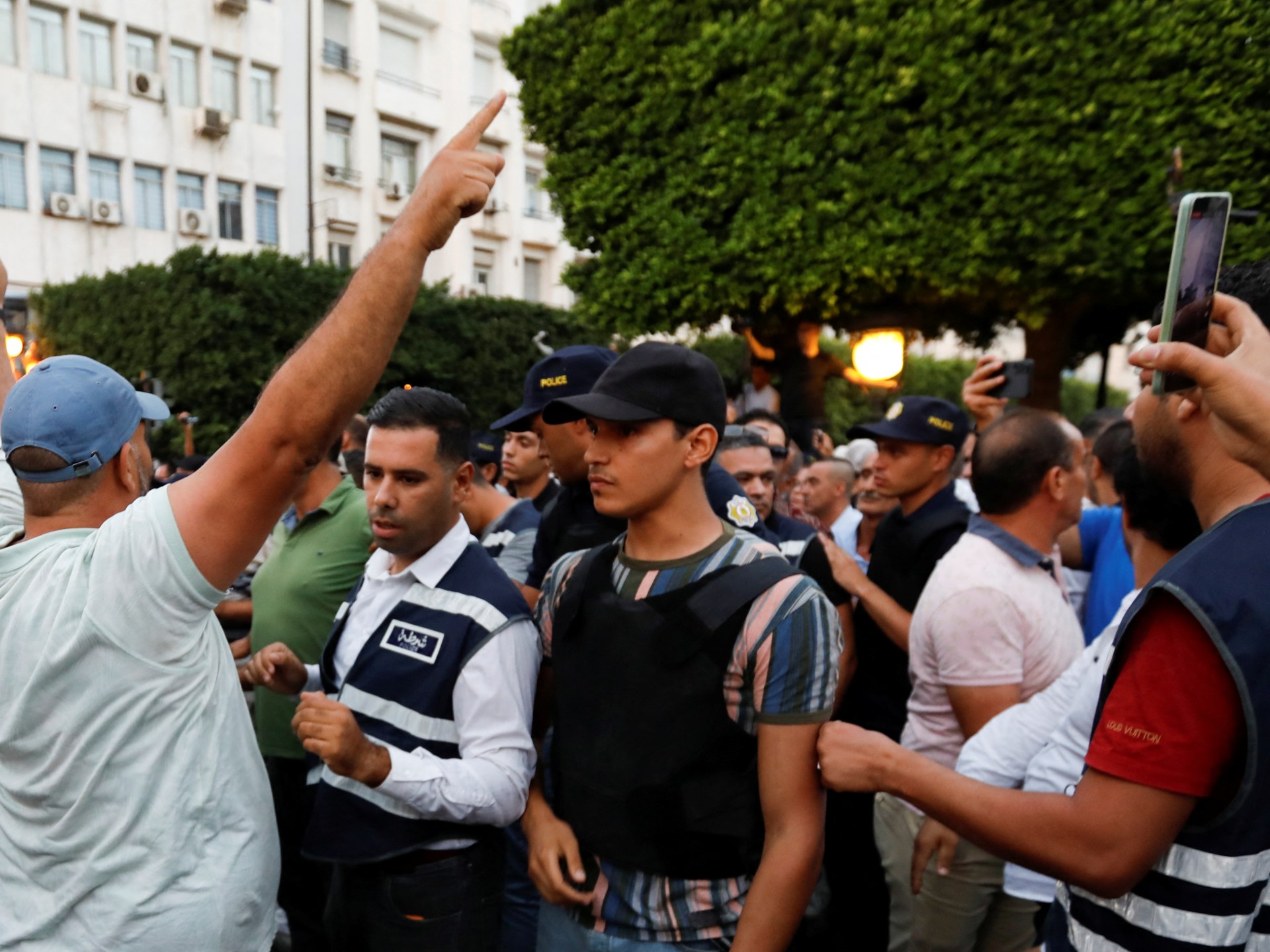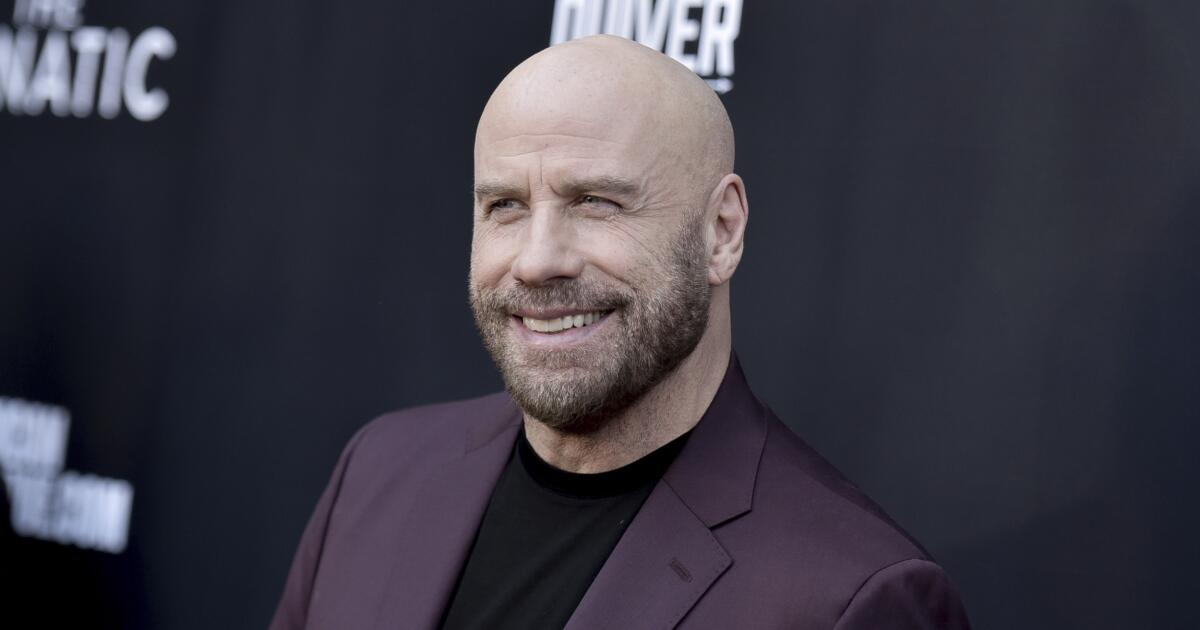On a Tuesday morning, Kaneng Fom’s* mind told her she was going to die.
The day had begun normally: Kaneng took a short walk down her estate street with her brother, watched her favourite anime, and hoped for an update to the show, before finally getting in the car. Her mother was waiting at the steering wheel to drive her down the road in the Gwarimpa area of Abuja, North Central Nigeria, to get a loaf of bread. The ride was usually smooth for Kaneng, but not that day; the crushing feeling of death and panic consumed her.
That feeling unsettled her mind, tightened her chest, and overwhelmed her breath. Her mother was talking to her in the car, but Kaneng’s anxiety prevented her from truly hearing. She knew how best to describe what was happening; she had learned this phrase online when trying to understand the strange anxiety that randomly overpowers her: a panic attack.
Her mother, however, seeing this for the first time, has different verbiage to handle the condition.
“Jesus!” she yelled.
“She was screaming, ‘Jesus, Jesus,’ until I eventually calmed myself down,” Kaneng recounts. “After she asked me a few questions, she said that I should pray more and if I prayed more or invited the Holy Spirit to go about my day, I would have fewer panic attacks.”
Nigeria is a religious country. About 99.4 per cent of the country’s population is affiliated with a major religion, according to the World Factbook. For those deeply connected to its culture and way of life, like Kaneng’s mother, religion is viewed as a solution to nearly every problem, including mental health challenges.
But while religion offers a source of strength, its dominance also reflects a deeper issue: mental health care in Nigeria is expensive, under-resourced, and often out of reach. As therapy costs rise and stigma remains high, for many Nigerians, then, the default response to psychological distress isn’t clinical but spiritual.
Research by the West African Academy of Public Health shows that many Nigerians like Kaneng are first and solely pushed to seek spiritual sustenance when they face a mental health challenge.
‘Why worry when you can pray?’
Such was the case for 22-year-old Tolu*, a member of the National Youth Service Corps (NYSC), who identifies with several symptoms from autism, Attention Deficit Hyperactivity Disorder (ADHD), and trauma from sexual assault.
“I come from a very Catholic family, so obviously I believed the church should be my first option,” he said. “I was at a church retreat, and my head just wasn’t clear, so I went to the priest for guidance. I was like (to the priest) ‘I don’t think I’m okay mentally’ and all he told me to do was pray. I didn’t ask him for any particular help, but he didn’t provide any particular help either. ”
A study by researchers at the Department of Religion and Cultural Studies, University of Nigeria, Nsukka in the country’s South East, revealed that some Nigerian religious bodies have positioned themselves as entities capable of curing any struggle, mental illness included. The study explains that this posture, in some cases, allows religious leaders to extort Nigerians who come to them for help.
Despite estimates from the African Polling Institute suggesting that 20 to 30 per cent of Nigerians may have mental illness, there is a significant lack of care and attention dedicated to addressing their needs. The Association of Psychiatrists in Nigeria (APN) also estimates that only about 300 psychiatrists are tending to mentally ill Nigerians, with only about 4.72 per cent of Nigeria’s total health budget allotted to mental health care. For many, accessing a psychologist can be a painful struggle, and when they do get access, the psychologists often lack proper resources.
In the context of widespread need and inadequate support, spiritual solutions become the more accessible, familiar, and often the only option available.
This “faith-centred healing” approach is echoed by popular religious leaders like Jerry Eze, an evangelist and founder of an Abuja-based Pentecostal ministry, Streams of Joy, who conducts services where the “spirit” of depression or anxiety is cast away on the authority of Jesus.
During a sermon to thousands of congregation members on June 22, Pastor Jerry described anxiety as something people position themselves in.
“If I position in fear, my seed (blessings) will be eaten. If I position myself in anxiety, then my seed (blessings) will be eaten,” he claimed during the sermon, giving many a sense of power over something they may feel helpless about. To fix this issue, he insisted his devoted listeners command the spirit of fear away, saying, “It does not matter whether there is change (in your fears) or not, keep commanding!”
When Ruth Anya*, a Streams of Joy member, was asked whether Pastor Jerry encouraged the congregation to seek professional mental health care, she replied, “He doesn’t discourage us, and has even encouraged people to speak to loved ones if they are struggling. But we all know we are at Streams of Joy for our miracles.”
People of other faiths face similar situations, where spiritual explanations are often prioritised before other possibilities are explored. In May, Suhayla Yusuf*, a young Muslim woman, told HumAngle that she had turned to an Islamic platform to share her distress over the intrusive thoughts associated with obsessive-compulsive disorder (OCD), but was simply told the thoughts were from the devil, with no further support offered. OCD has different subtypes, and in Islamic discourse, Suhalya’s experience aligns with what is commonly referred to as waswas, a term that translates to “whisperings of the devil.”
The cost of mental wellness
In 2024, Nigeria’s minimum wage was increased to ₦70,000. While this policy has been slow to implement, the price of therapy and the general cost of living in the country have continued to skyrocket beyond what the average Nigerian makes monthly.
To better understand the cost limitation to seeking mental health support, HumAngle researched and found that a leading psychiatry resource in Nigeria offers therapy sessions that range in price from ₦15,000 to ₦155,000. The cost depends on factors such as your location, the therapist’s qualifications, the type of therapy provided, and whether the session is conducted online or in person. Regardless of the circumstances, many Nigerians may find this cost of a single therapy session unaffordable.
“Therapy is largely inaccessible to the average Nigerian. The cost of treatment, especially private services, remains out of reach for most,” Okwuchukwu Mary-Ann, a clinical psychologist, told HumAngle.
Her reasoning is backed by data: the World Bank estimates Nigeria’s rural poverty rate is 75.5 per cent. The World Health Organisation has reported that those living in poverty are the most likely to experience mental health issues. Therefore, a ₦15,000 session is far too expensive for the majority of Nigerians who need mental health support.
“Finances pose a big problem for me,” Kaneng noted. “I’ve always been supportive of therapy, but I’ve never been able to afford to go. I would ask my parents, but as I told you, my mother thinks I need to pray more, and my father, our breadwinner, agrees.” When asked if they tried to help her beyond this advice, Kaneng said, ‘My mother prayed whenever I brought it up. That was it.’”
Tolu also faces the same challenge, explaining, “I diagnosed myself through a test sent to me by a friend. A big hindrance towards me getting a formal diagnosis is money.”
Morayo Adesina*, a student at the Pan-Atlantic University in Lagos, South West Nigeria, who tried therapy in 2022, told HumAngle it wasn’t a favourable experience. “It wasn’t easy to find a therapist in Nigeria,” she claimed. “As a student, my only options were the school therapist who may potentially expose my secrets to school authorities, or a therapist gotten through my mother who may potentially expose certain aspects of my worldview to her that I didn’t want her to know about.”
Despite her reservations, Morayo had no choice but to trust her mother’s judgment. This path led her to two therapists, the second of whom she stayed with for some time.
“The second therapist I saw cost around ₦50,000 for the first session, and ₦30,000 for subsequent sessions. That was three years ago, though, and the price today should be over ₦70,000,” she said.
When asked why she stopped, Morayo responded, “I did about four to five sessions before I started to feel like I was wasting my mum’s money.”
With a few sessions and over ₦100,000 spent on therapy, Morayo was able to reap some benefits from her sessions with the therapist, who eventually gave her a diagnosis for the persistent pessimism and gloominess she has carried as long as she can remember.
The verdict was depression, anxiety, and, most importantly, a way for Morayo to feel more at ease with herself; “this diagnosis made me feel more normal because it felt like I could at least tie what was wrong with me to something outside of the feeling that I was probably irredeemably broken.”
However, Morayo doesn’t think the sessions were enough, telling HumAngle that the cost and number of therapy sessions necessary to fix what she thinks is wrong with her come at an expensive price. The American Psychological Association has shown that 15 to 20 therapy sessions are essential to heal 50 per cent of people with mental illness, meaning Morayo’s five sessions only scratched the surface. When people like her, a middle-class student, can’t afford to pay for therapy sessions, the chances of the majority lower class seem far less likely.
Rashid Usman*, an Arabic and Islamic teacher, agrees that the cost of therapy is too high, but believes surrendering oneself to Allah is the perfect way to avoid mental illnesses. “Mental illness is a condition that affects your thoughts, behaviours and emotions when you are too worried rather than allowing your creator to control your affairs,” he argued, noting that instead of spending money on therapy, it is much cheaper to position God at the heart of your problems.
“People should be taught how to handle and manage anything that could lead to this problem in the way of God, at the worship centre,” he added. Rashid’s answer explains the reason some look to divinity rather than therapy.
Between stigma and possession
The cost of therapy is a significant barrier for many individuals, but the stigma associated with mental illness also presents a considerable obstacle. When Kaneng was asked about the difficulties of managing a mental illness in Nigeria, she sighed and responded, “It’s truly challenging, and it becomes even more difficult when I can’t express my feelings to my parents or convey my desire to seek therapy. I often feel like an outsider.”
Tolu also experienced the same thing: “It is challenging. You go through things people do not understand, and sometimes you want to explain, but you just dismiss the idea because they will most likely misunderstand your situation.”
Nigerian society has taught people like Tolu and Kaneng that it is better to be silent, whispering the particulars of their mental stress only to God.
Rashid puts it plainly when asked if he thinks mental illness has a spiritual cause, stating, “Yes, spiritual attack from Jin [demon] can alter mental stability.”
Religious leaders from different faiths preach messages that align with his views. In 2022, Adeola Akinniyi, a pastor at Mountain of Fire and Miracles Ministries, published a sermon titled “The Enemy Called Depression,” in which he described mental illness as a spiritual attack.
“The enemy is using the weapon of depression against believers in the church, manipulating sisters, brothers and everyone. That you have money does not stop the enemy from attacking you with the weapon of depression,” he told his congregants.
Faith and therapy
In the ongoing conversation about the role of religion in mental health, a question arises: Can communion with God truly lead to complete healing from mental struggles? While Kaneng leans toward a hopeful affirmation, her response reveals a more complex truth.
“I’m not irreligious,” she cuts in quickly. “And I do feel some relief when I pray, but never in the middle of a [panic] attack, and they always come back. I’ve begun to believe that praying or fasting can’t fix certain things, but they provide relief.”
Mary-Ann highlights the risks of relying solely on religious intervention for mental health issues. “This mindset of only seeking religious help can delay the pursuit of additional support, which may worsen symptoms or lead to chronic problems,” she noted.
Several other medical sources warn that unchecked mental illness can become permanent over time, an issue Kaneng thinks befell her.
“My panic attacks are less intense now that I’ve done research into what they are and I try to manage them,” she said. “But over the last two years, they have become more frequent, and I consider them a part of my daily life.”
There are religious leaders who understand the place of mental healthcare, however.
Femi Ogunleye*, a youth pastor at the Cathedral Church of Advent in Abuja, believes mental health care is not restricted by God, explaining, “Christianity only discourages sin. Wanting help healthily isn’t a sin.”
He proposes this dual style of healing: “There are medicines that can help (mental health care), you know, and depending on the type [of medicine]. Some can be resolved by going back to God in prayer and reading the word of God, but there are some that you need mental health care. So the church should promote going to mental health facilities when you have such challenges.”
He is not alone in believing that faith and therapy can coexist. Other Nigerian religious leaders, such as the well-known Apostle Femi Lazarus, have spoken extensively on the subject. In a sermon titled “Issues of Mental Health Need to be Addressed in The Body of Christ”, Lazarus affirms his belief that Christians and Nigerians need to pay better attention to mental health problems, saying, “Many people have mental health issues, and we need to first take them for therapy.”
In Nigeria’s South South region, a group of Catholic nuns is providing free mental health services to women at risk of homelessness in Uyo and surrounding areas.
Additionally, mental health advocates like Mariam Adetona have found ways to properly combine faith with mental health care. On a muslim-advocacy blog, “Reviving Sisterhood”, Mariam spoke about reaching people who need mental health help, saying, “I have noticed many do not think therapy is necessary or are sceptical about its efficiency or effectiveness. In cases like this, I use my own experience with therapy to persuade them, as well as others’ experiences.”
Still, until therapy becomes truly affordable and stigma fades, many Nigerians will continue to find themselves caught between their faith and their pain, turning first to prayer, even when what they need most is professional care.
Names marked with * have been changed to protect identities.

